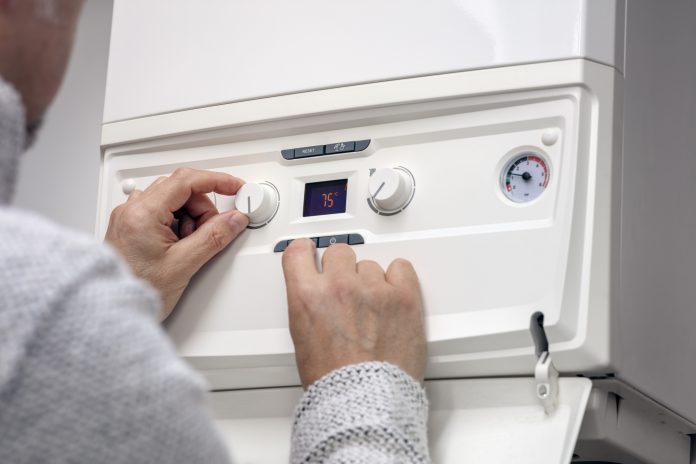U.S. Secretary of Energy Chris Wright announced the postponement of several home appliance efficiency mandates set by the Biden-Harris administration
This decision hopes to roll back certain policies that the Trump administration views as burdensome for consumers and detrimental to their wallets. By delaying the implementation of these mandates, the Department of Energy (DOE) hopes to lower costs, increase consumer choice, and improve the quality of home appliances for American families.
Why have these efficiency standards been postponed?
The postponed efficiency standards target a range of household appliances essential to daily life, such as central air conditioners, clothes washers and dryers, general service lamps, walk-in coolers and freezers, and gas instantaneous water heaters.
The Trump administration argues that these standards, initially established by the Biden-Harris administration, place unnecessary restrictions on appliance manufacturers, driving up consumer costs.
The DOE’s new hope is to give more power back to the consumers, emphasising that the market, not the government, should dictate the products Americans purchase. Secretary Wright clarified that President Trump’s top priority is reducing family costs, which aligns with the broader goal of fostering economic freedom by reducing excessive regulations. According to Wright, by postponing these mandates, consumers will have more freedom to choose affordable, high-quality products without being subjected to restrictive government-imposed rules.
Economic impact on consumers
A key point for proposing these mandates is their potential economic burden on families.
Many of the appliances affected by the new standards, such as central air conditioners and clothes dryers, are used for daily comfort or are a necessity.
The efficiency mandates introduced by the previous administration were expected to improve energy efficiency, but critics argue that they also led to higher upfront costs for consumers.
These higher prices stemmed from the need for manufacturers to act on stricter standards, which were then passed on to the consumer through higher prices.
The new energy efficiency category for gas water heaters
Not only were the appliance standards postponed, but the new energy efficiency category for natural gas tankless water heaters is also being created.
These water heaters, would be exempt from the stricter regulations under the previous administration. By creating a new category, the DOE is giving consumers more options in selecting appliances that are not only cost-effective but also in line with their energy preferences. This change is important for households that rely on natural gas for heating and hot water, as it allows them to choose affordable, efficient products without the burden of restrictive regulations.
Reduction of Bureaucratic red tape
The Trump administration’s decision also aligns with other efforts to reduce the governmental red tape and regulations that may be seen as unnecessary.
By scaling back the efficiency standards, the Department of Energy is facilitating the regulatory environment for appliance manufacturers.
This could create greater competition in the market, as companies are no longer required to meet costly and restrictive standards, potentially lowering production costs and consumer prices.
This approach also shows the ongoing deregulation theme seen through the Trump administration.
Reducing government intervention in the marketplace is a core part of Trump’s economic agenda, and these actions are consistent with his broader vision of promoting a more consumer-friendly environment where market forces, rather than government mandates, guide product availability and pricing.
EPA’s role in overhauling WaterSense specifications
In addition to the DOE’s actions, the U.S. Environmental Protection Agency (EPA) is also reviewing and overhauling the WaterSense specifications that were put in place during the Biden-Harris administration.
These specifications apply to various water-using products, such as faucets, toilets and sprinkler nozzles. The Trump administration argues that some of these products are inefficient, provide less water slowly, and perform poorly.
By revising these specifications, the EPA seeks to offer consumers better-performing products that meet their needs while still being mindful of water conservation goals.
The administration aims to give Americans more control over the products they purchase by prioritising lower costs, increased choice, and reduced government regulation.











